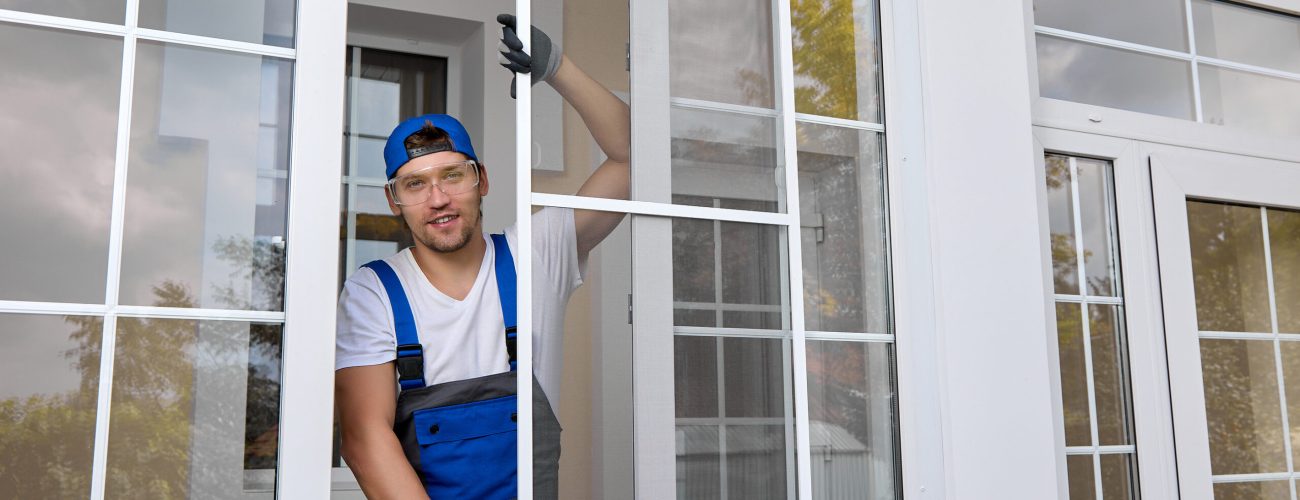Today, about 27 percent of Americans, or 74 million Americans, live in a homeowner’s association. They rely on the HOA to keep their neighborhoods safe, secure, clean, and viable for family recreation. A major part of HOA duties includes maintenance standards, which are sometimes laid down in the HOA’s “rules and regulations” documentation. These standards are created by the HOA’s board of directors, which is tasked with not only developing the rules but enforcing them on behalf of the community. They dictate when certain maintenance should be done and when items should be replaced. They also protect the association in the event that there is a loss as a result of a single owner’s negligence in property maintenance.
Some HOAs Need to Catch Up
Maintenance standards are critical to the viability of a property enclave. These formally adopted standards should be laid out in documents that are widely disseminated to residents and owners. While many HOAs have yet to adopt formal maintenance standards, there are many reasons why they should, and most of them are due to protecting residents as well as property values.
These reasons include:
Safety. Properly communicated maintenance standards will ensure better awareness and accountability for residents and owners to keep units in good repair, helping ensure the safety of all residents.
Insurance considerations. A formal maintenance standard document will help HOAs save money by reducing the amount and frequency of insurance claims against the HOA’s property insurance policy. This helps reduce the HOA’s liability and premium expenses and ensures that insurance companies are willing to continue offering affordable policies to the community. Maintenance standards will raise the likelihood of insurance claims being covered by unit owners and/or the owner’s insurance policy instead of the HOA.
Comparatively, homeowner’s policies are much more affordable than the association master policy, and a claim on the homeowner’s policy will have a much smaller impact on the owner’s premiums than a claim on the master policy will have on the Master Policy Premium, and therefore their HOA dues. For example, a claim on the homeowner’s policy may result in a premium increase of $100/year or $8.33/mo for that homeowner who had the claim. A claim on the Master Policy with the same payout could easily result in a premium increase of $20,000 for a 50-unit HOA. This would then result in an increase in HOA dues of $400/year or $33.33/month FOR EVERY SINGLE UNIT OWNER IN THE ASSOCIATION.
Spreading out maintenance tasks. Part of a maintenance standard document will include a timeline for regular work that needs to be done, as well as a formal inspection process of community infrastructure. By formalizing the timeline, HOAs can ensure that all work is being done in a timely manner and on a predictable schedule, which helps spread expenses out and ensures that small problems do not become large and expensive problems. It’s always far more expensive to carry out maintenance on an emergency basis.
To remain compliant with regulations. Many states have adopted what’s known as the Uniform Common Interest Ownership Act (UCIOA). UCIOA is a basic statute for creating, managing, and terminating condominiums, planned community, and real estate cooperatives. The Act lays down a variety of rules and regulations, from non-discrimination to the use of solar panels to disaster recovery, as well as maintenance. In states where the Act has been adopted, the onus is on HOAs to remain compliant with the regulations.
Standardizing maintenance tasks and processes. Standardization can save time, money and reduce the risk of litigation. One of the best ways to standardize maintenance is to employ the services of a professional HOA management company, which can ensure that all elements of maintenance are covered and carried out effectively and according to a regular schedule.
Paladin Property Management offers management of day-to-day operations for HOA client associations, including reserve studies, maintenance requests, communication, collection of common charges, payment of vendors, bookkeeping, rule enforcement, resale packages, and construction projects, as well as any other routine administrative responsibilities. For more information or to contact us, call 860-395-8863.
